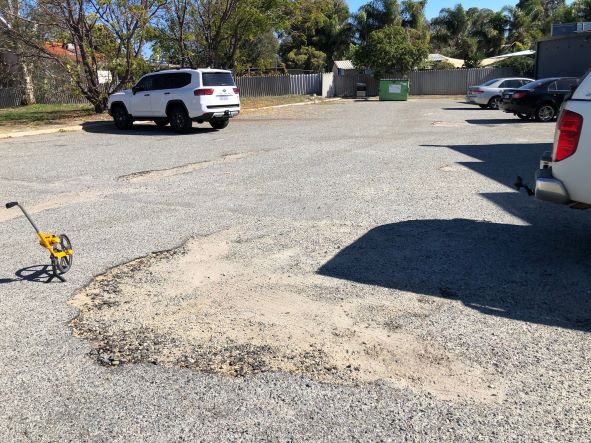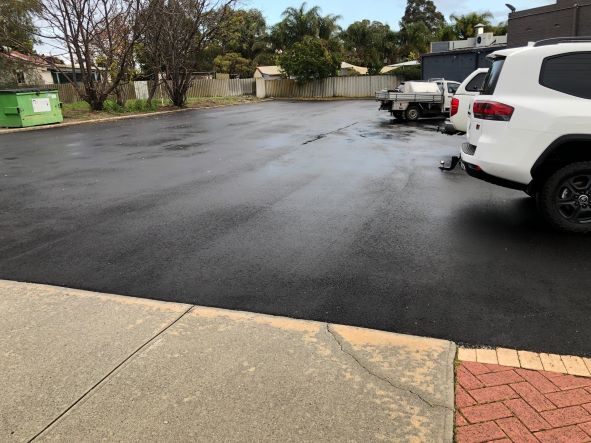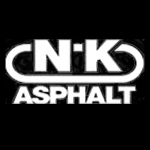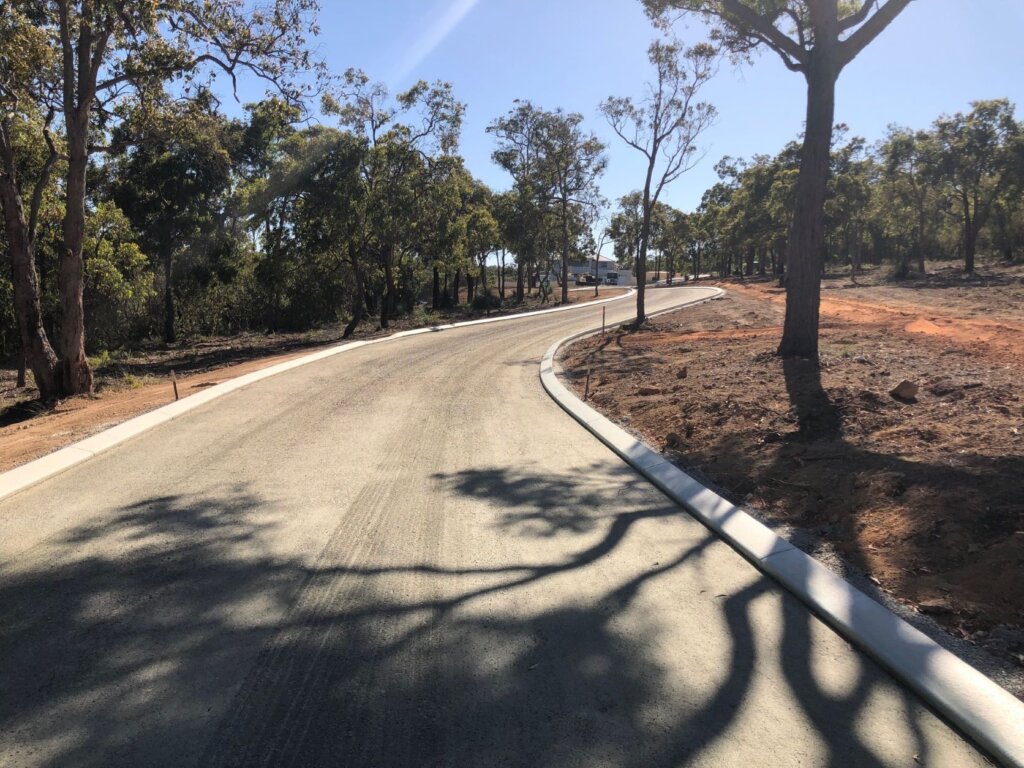So, you’re making plans for a new driveway or considering a revamp of your existing one? These kinds of projects don’t come up every day, which is why you should do some prior research into the styles of materials available in the market. Our recommendation is new hot-mixed asphalt!
A driveway needs to withstand the weight and movement of vehicles whilst providing a direct and smooth transition between the road and where the vehicle is stored. In addition to its function, you want your driveway to be easy to maintain and appealing to look at. If you can tick all three of these boxes, then it should significantly improve the value of your property.
The common materials to use are concrete, bricks/pavers, gravel, grass, bitumen, new asphalt and recently, recycled asphalt. Each has a varying degree of functionality, durability and visual appeal. However, the best all-round solution to use is hot mixed asphalt, and we’ll explain why.
What is Hot-Mixed Asphalt
Asphalt is one of the most-used road, driveway and carpark products in Australia. There are numerous reasons why it’s so popular. For starters, it is excellent value for money compared to other solutions in residential and commercial projects. It also offers superior resilience to natural variables like water, weeds and ants.
When compared to other solutions such as paving materials (bricks/pavers etc.) and recycled asphalt, new asphalt has a more flexible composition to cope with corners, curves and tight gaps around kerbs. Water run-off can cause washouts in recycled asphalt and unsealed gravel/roadbase drives, causing unnecessary future maintenance costs. It’s important to minimise gaps where water and other unwanted debris could seep in, as this could cause movement and thus damage to the surface.
For additional benefits, we recommend hot-mix asphalt over traditional ‘cold’ asphalt.
This material is a combination of aggregate (sand and aggregate) and bitumen binder which is blended at a high temperature to form hot mix asphalt. Mixing asphalt at temperatures exceeding 150 degrees Celsius will boost its viscosity and flexibility which creates a number of advantages as you’ll find out soon enough.
Hot vs Cold Asphalt
If you’ve ever driven past a team of road-workers laying asphalt and noticed steam billowing off the finished product, that’s the result of hot-mix asphalt being compacted by steel-drum rollers with water on the drums.
Hot-mix asphalt is manufactured at high temperatures at a specialised facility before being transported for application on site. This makes it perfect for large-scale uses like driveways, roads and car parks.
While not used in larger areas (usually pothole repairs), cold mix asphalt is asphalt with solvent added to make it usable when cold, who would’ve thought? It’s easier to use as it allows more time to apply. Excluding the heat, however, minimises its effectiveness for large-scale use, rather, it’s useful for small-scale repairs such as potholes, patches or cracks. Cold mix asphalt can be purchased in single bags, the perfect size for these smaller applications. In most cases, cold mix asphalt is utilised as a temporary solution to the above issues before a long-lasting repair can be achieved using hot mix asphalt.

Old car park

New hot-mix asphalt car park
Advantages of Hot-Mixed Asphalt
So then, what’s all this fuss about hot-mix asphalt for?
As mentioned, asphalt is more versatile and flexible than other driveway solutions, however hot-mix takes these benefits to another degree.
Where a cold mix repair is used, the repair may deteriorate and break-down quicker when exposed to external factors such as traffic, weather and excessive use. Whereas hot-mix asphalt is durable, and weather resistant, ensuring its longevity.
Hot-mix is easier to maintain. Pavers, concrete or any other solution requires repairs and general maintenance more often. These alternate materials are prone to cracks and unwanted movement due to water, roots or heavy use. On the rare occasion that your hot-mix asphalt driveway needs a touch up, the solution is far easier due to its granular nature.
Recycled asphalt will often loosen in a short period under traffic, needing repetitive maintenance in future.
Hot-mix asphalt’s malleability helps it to respond to varying temperatures without it cracking or breaking down. This is extremely useful given the temperatures we experience in Perth.
Who’s the go-to for Asphalt Driveways?
Over the past three decades, since 1989, NK Asphalt has become one of Perth’s leading asphalt laying companies. Our wealth of experience, high quality finished product, friendly service and attention to detail will ensure your project is managed to perfection.
On top of the outstanding final product, we provide a free measure, quote and advice to get you underway without a delay.
share


